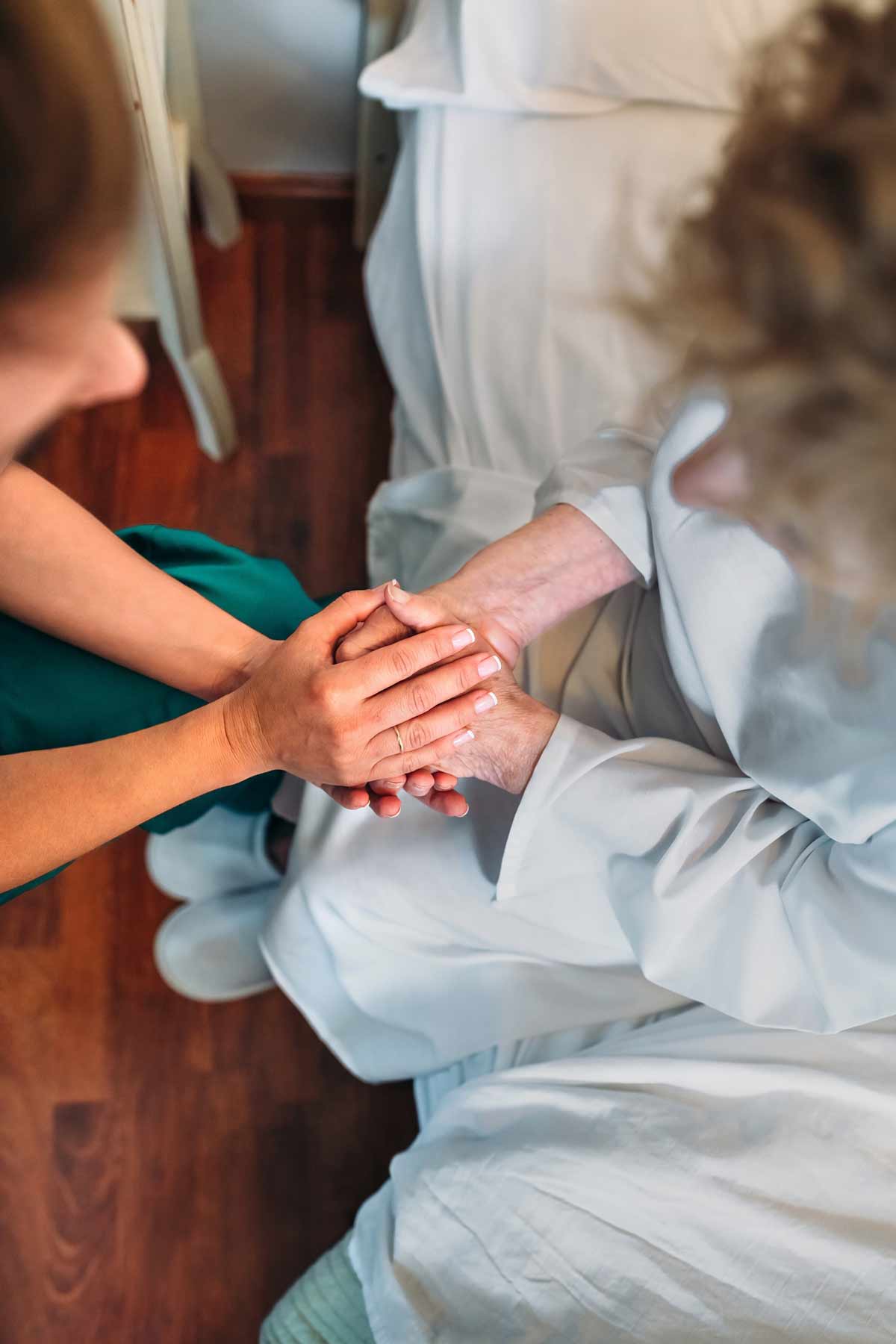 In nursing school, I daily asked God to help me cope with anxiety regarding exams and to give me guidance and courage in clinical settings. I devoted myself to prayer with an attitude of thanksgiving as encouraged in Colossians 4:2.
In nursing school, I daily asked God to help me cope with anxiety regarding exams and to give me guidance and courage in clinical settings. I devoted myself to prayer with an attitude of thanksgiving as encouraged in Colossians 4:2.
As I spent time in prayer and meditation, my anxiety regarding the rigor and expectations of nursing school decreased and my time management skills strengthened. I learned to commit my anxieties to God and trust him because he cares for me and will direct me (1 Peter 5:7; Proverbs 3:5).
Peers frequently inquired about what gave me calmness. I knew it was my commitment to prayer, thanksgiving, and faith. I realized that prayer is a necessary element of achieving success in nursing school.
Praying for Students
Once working as a bedside nurse, I integrated prayer into my holistic patient care. Prayer continued as an integral part of my work once I transitioned to the role of nurse educator. Where previously I had prayed for patients and families, now I pray for and with nursing students.
As a new nurse educator, I realized students sometimes shared similar anxieties as patients and knew it was necessary to incorporate prayer and caring into interactions with students. Students frequently express worry about succeeding in courses and fears about deadlines, exams, licensure board exams, clinical assignments, personal and family issues, social and financial concerns.
Prayer: Evidence-Based
Objective data that prayer improves students' academic and test performance have been documented (Pace et al., 2017). Faculty from seven Christian pharmacy colleges developed a tool to measure students' attitudes toward prayer. The Student Prayer Attitude Scale has shown that, among students in higher Christian education, many believe God hears their prayers and that prayer about academic performance is important. Researchers concluded, “Faculty recognition that prayer may be as important to them as it is to the Christian student could promote an atmosphere of mutual respect and understanding that could facilitate the learning process” (Pace et al., 2017, p. 208). Clearly, through prayer and caring, educators can act as role models for students in the area of prayer.
Pace A. C., Greene J., Deweese J. E., Brown D. A., Cameron G., Nesbit J. M., & Wensel, T. (2017). Measuring pharmacy student attitudes toward prayer: The Student Prayer Attitude Scale. Christian Higher Education, 16(4), 200-210. https://doi.org/10.1080/15363759.2016.1250683
Sharon Mingo, MSN, RN, is the coordinator, lecturer, tutor, and remediation specialist in the School of Nursing and Health Sciences at LaSalle University in Philadelphia, PA.
This post is excerpted from the author’s article, “The Educator's Art of Prayer and Caring,” in the Journal of Christian Nursing (issue 38.4).
Free online and print subscriptions to JCN are one of many benefits of NCF membership. Check out all the perks and join us!
Add new comment